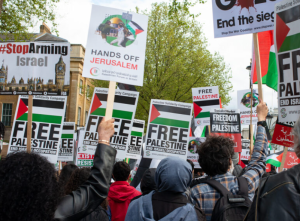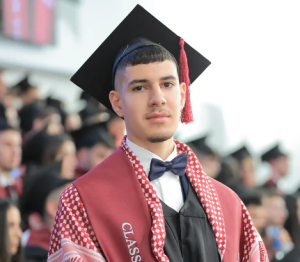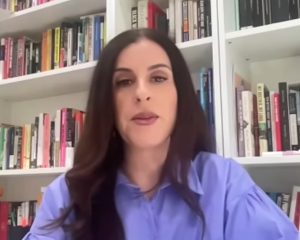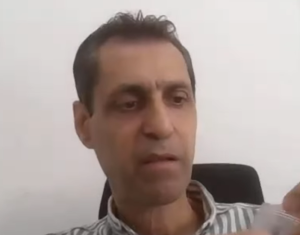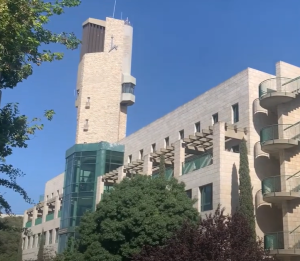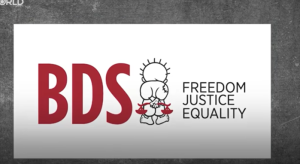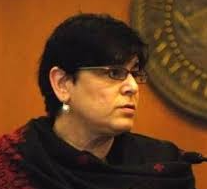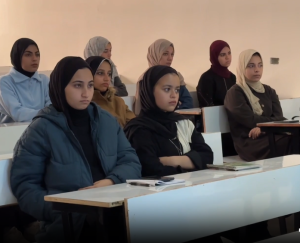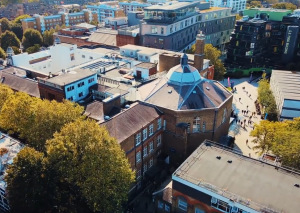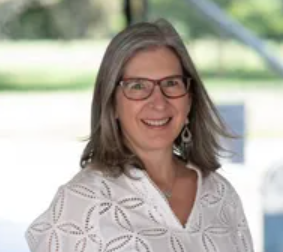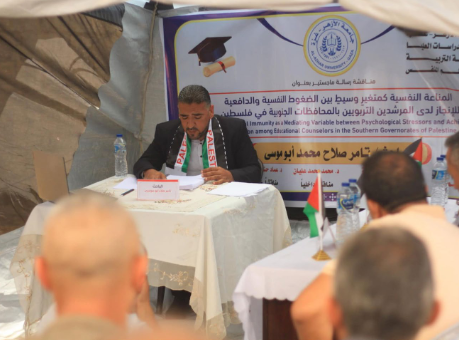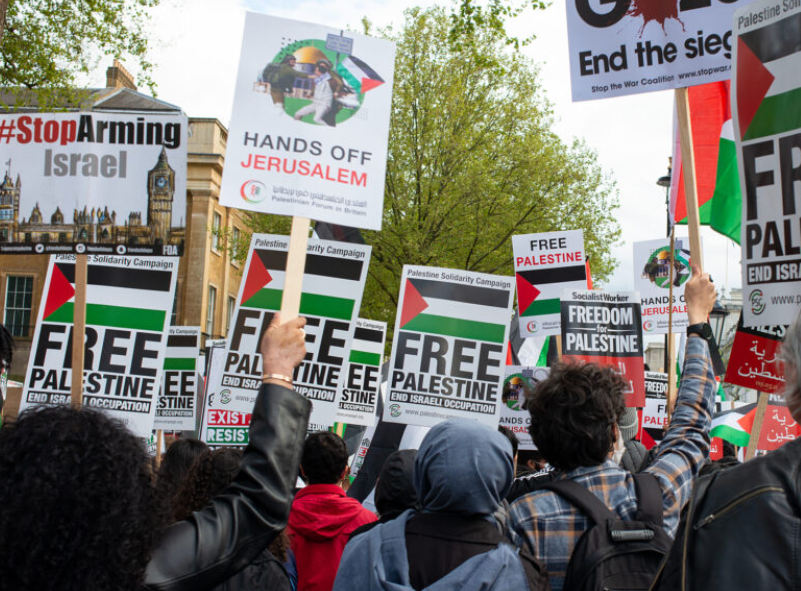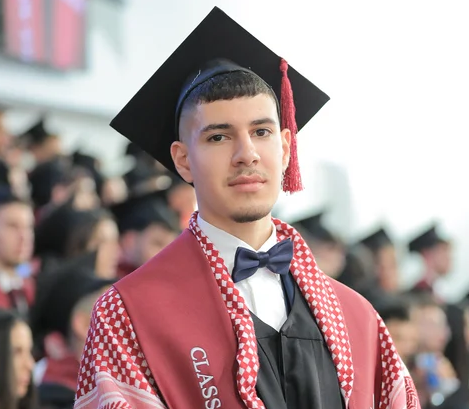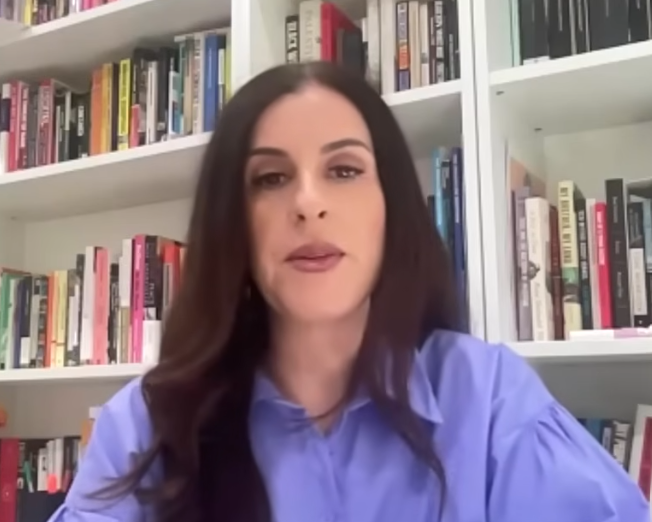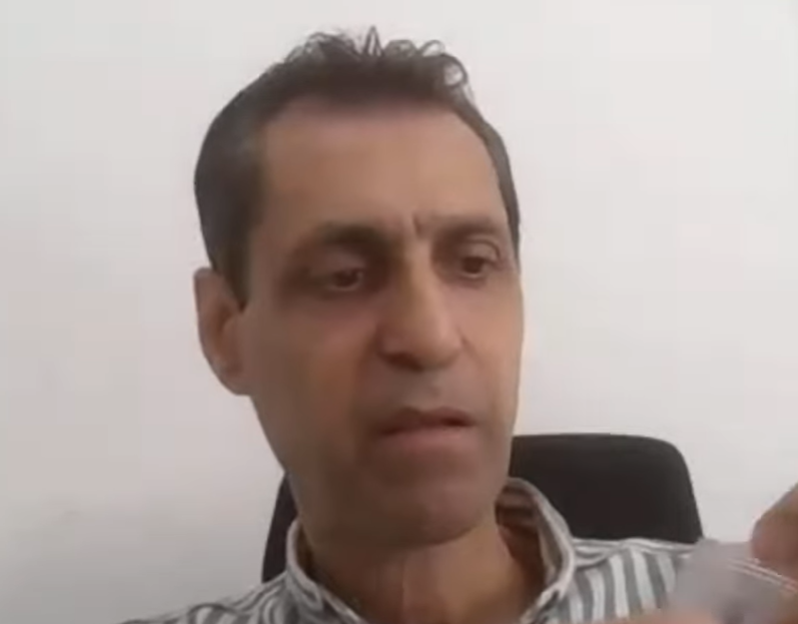28 October 2025
Four prominent scholars, Chandni Desai of the University of Toronto, Sundos Hammad of Birzeit University, Ahmed Abu Shaban of Al-Ahar University, and Abdul Razzaq of Rice University, have published an important article in Curriculum Inquiry on the meaning of scholasticide, how Israel has applied it against the Palestine people in Gaza, the OPT and Israel itself, and how Palestinians are struggling to overcome it. For copywrite reasons the article cannot be reprinted, but the link here provides free access to the pdf, and the abstract is copied below.
In this article, we examine the concept of scholasticide, its historical evolution, and its contemporary relevance with specific reference to Palestine. Focusing on Israel’s attempt to annihilate higher education during the ongoing Gaza Genocide, we situate scholasticide in the broader context of the Israeli settler-colonial continuum and argue that scholasticide is a pillar of genocide. We examine five central themes: the theoretical underpinnings of scholasticide; the empirical conditions that have shaped the concept’s development; the emergence of Palestinian universities under colonialism; universities’ historical and contemporary survival strategies throughout the Occupied Palestinian Territories, both in Gaza and the West Bank; and the global higher education sector’s recent solidarity efforts with Palestinian academia in Gaza, as well as the limitations of such efforts. We discuss the crucial work of the Emergency Committee of Universities in Gaza and the ISNAD program, established in 2024 mid-genocide. Launched by Gaza’s largest universities and their affiliated colleges, these initiatives aim to preserve non-profit academic institutions in the territory despite the physical destruction of their campuses, to refuse colonial and neoliberal reconstruction models, and to articulate principles of international solidarity with Gaza’s higher education sector. Throughout, the article emphasizes the importance of centering Palestinian universities, and especially those in Gaza, in all discussions of and responses to scholasticide in Palestine. Finally, the article highlights Palestinian educational practices as forms of resistance, self-determination, and collective survival, and attends to the unimaginable ways in which Gaza’s educators and students are keeping higher education alive in the territory amidst genocide.

